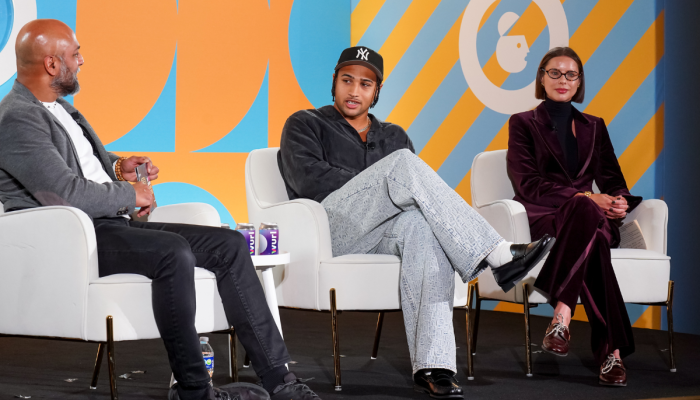The Superbowl ads have become a force among themselves.
The ad breaks are something that viewers wait for and engage with as part of the entertainment of the big day – not just a 5 minute recess with the TV hastily switched to mute. At a reported $5million for a 30 second slot, the brands commissioning these ads need to get it right.
And this year, as we watched the ads air, there was a clear and consistent theme among the best: they were genuinely, charmingly funny. From Tide gently teasing common advertising stereotypes (so meta), to Amazon Alexa poking fun at itself, this year the ads were about having a laugh. But why is it such a successful strategy?
Light relief
It’s no revelation to say that it’s been a tough year. Americans are politically divided across a number of fundamental issues, but what seems to be a universal truth is that people are tired. When they settle down to watch the Superbowl with their family or friends, they’re looking for entertainment, a break from the everyday, and for the only arguments to be about which team should win.
Using laughter unifies, reassures, brings a reprieve. The day is about fun! Brands can and should be part of that.
Emotionally engaging
Superbowl ads have the potential to engage with a huge amount of consumers and be talked about for weeks after the event.
There are many ways of being remembered, but isn’t it better to be remembered for something fun than something serious?
By positioning a brand as an entertaining friend, the ads have the potential to stick in the mind of consumers for a long time post-Superbowl.
Don’t really need to educate
Given the high cost of the ad slots, the only brands who can afford to use them are mass market leaders anyway – these ads don’t need to do a job of educating about the brand.
The main purpose is, as Byron Sharp would say, to increase mental availability.
So why not throw off the shackles, and use this as an opportunity to just can the name out there and talked about?
It’s a minefield out there
While we in the marketing world constantly hear reports that some consumers want their brands to take a stance, be more politically engaged, this is easier said than done. By trying to take a stance, brands put themselves in a precarious position. It’s interesting that Pepsi have drastically steered clear of anything political in their Superbowl ad, after last year’s Kendall Jenner Protest ad went down like a lead balloon.
Some brands obviously didn’t get the memo: Ram’s commercial using a speech from Martin Luther King was both ill-advised, and didn’t even make any sense as an ad.
Currently they are weathering the storm from offended consumers, and even from the King family, who were not asked or informed of the ad in advance.
At least if a brand attempts to use humour, the worst likely outcome is that the ad simply isn’t very funny (like this Diet Coke ad).
By Ellie Dent, consultant, Dragon Rouge.



